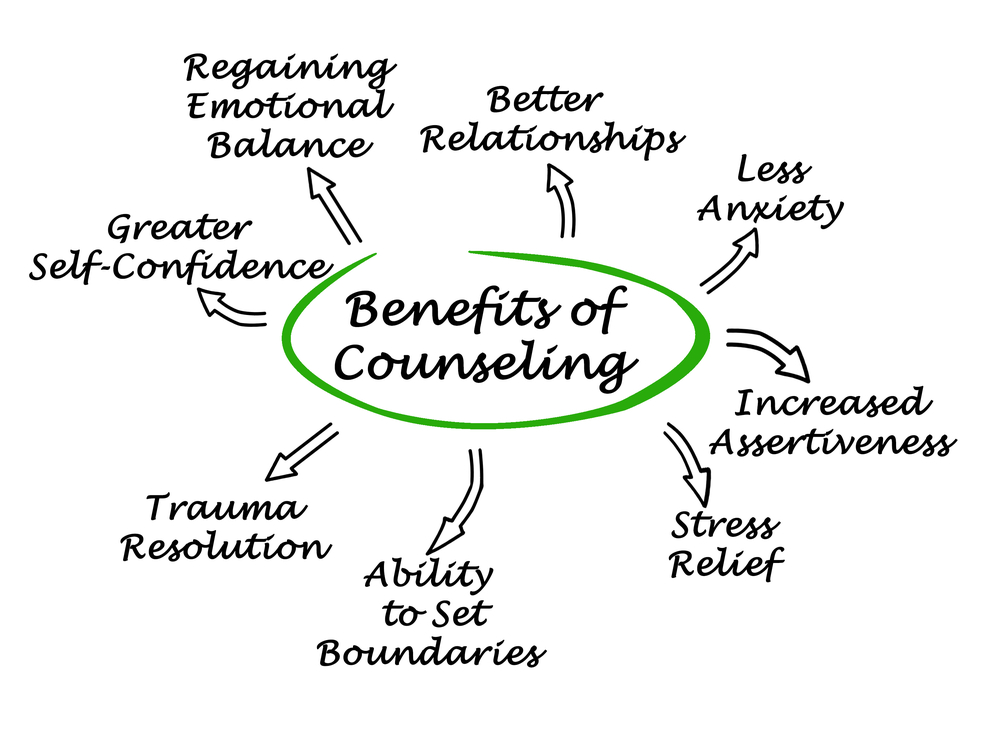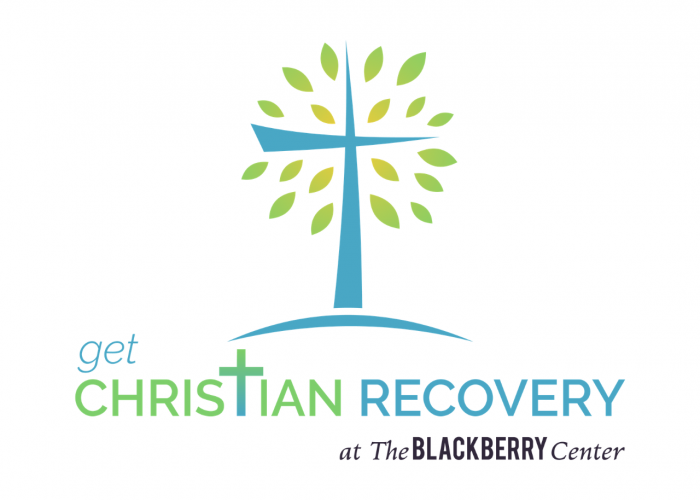Talk therapy, AKA psychotherapy, is a common mental health treatment. Although its reputation as a treatment method is well-established, many people still have reservations about starting it. In this article, we’ll address the benefits of talk therapy and how to start the treatment process.
Table of Contents
The Theory Behind Talk Therapy
One driving factor behind talk therapy is that talking about your issues can help you clarify and solve them. During these sessions, not only do you address your problems, but you actively find ways to improve them. Talk therapy can help you cope with your feelings, change your behaviors, and problem solve.
Many experts believe that both physiological brain changes and negative environments contribute to the development of mental health conditions. In response to changes in the brain, medications are often used to get it back to “normal.” To address mental health issues from your environment, meanwhile, you can use talk therapy. Research has shown that a combination of the two may be the best treatment method.
Types of Talk Therapy
Talk therapy can help treat:
- mental health problems, such as depression, anxiety, bipolar disorder, eating disorders, and addiction
- everyday challenges, such as work difficulties, relationship issues, self-esteem problems, and bereavement
The most common types of talk therapy include cognitive behavioral therapy (CBT), interpersonal therapy, and group therapy.
CBT works by addressing negative automatic thought patterns that affect your mood and behavior. This goal-oriented therapy aims to change negative thoughts and behaviors into positive ones. Many people see long-lasting results, especially if they actively participate in their recovery.
Meanwhile, interpersonal therapy seeks to make positive changes to how you relate to others. This time-limited and goal-oriented process attempts to improve your social relationships and the role you play in them while also lessening the symptoms of your condition.
Many times, talk therapy happens on a one-on-one basis, but in some cases, group therapy can also be beneficial. During these sessions, a facilitator will encourage discussion of behavioral and emotional problems. In these sessions, participants learn that other people face similar problems. Working together, they will attempt to find solutions to those problems. Group therapy may be amongst a family, a couple, or even a collection of people facing similar issues.
The Benefits of Talk Therapy

Now that we’ve established some background, let’s address how talk therapy can benefit you.
It Gets To The Root Of Your Problems
Talk therapy can help you can identify symptoms and triggers at the root of your problem. Through the use of two-way discourse, you can learn more about your problems and why they began in the first place. This can help you find long-term solutions.
It Continues Working After You End Sessions
Because it aims to find long-term solutions, the skills you learn during sessions give you the capacity to continually improve long after sessions are over. This is opposed to medication, where a relapse can occur if you stop using the meds.
It Helps You Relate To Others
Seeing the situation through only your lens can force you to make assumptions about things that aren’t necessarily true. You may forget that others see the world differently, which leads to relationship problems. Using talk therapy, you can learn to understand other people’s motivations and intentions.
How To Get Started
You might not even realize it, but there are tons of resources available to you. Some of these include:
- Friends and family who can recommend therapists or doctors.
- Doctors who may have mental health provider recommendations and/or information on community resources.
- Religious leaders may work with mental health and addiction professionals.
- Employee assistance programs (EAP) can give referrals for therapists.
- Your insurance provider may help you find local doctors in your network.
Make sure to speak to a few therapists before you commit to one. If you like what they offer, make an appointment. But know that you don’t have to stay with the first therapist you talk to! Finding the right therapist can make a huge difference in your treatment.
What Can You Expect from Talk Therapy?
During your first session, your therapist will perform an intake assessment. Here, you’ll establish your reasons for going to therapy and set actionable goals. Your therapist may also begin to outline a treatment plan, although that may take a few sessions to firm up. In your treatment plan, your therapist will outline how many sessions you need and how long you will need treatment for. Some types of talk therapies, like CBT, usually last between 6-24 sessions, while others may meet for a longer time. Sessions usually take 50 mins to 1 hr.
While sessions will use your past to inform treatment, they will mostly focus on the present. You’ll set goals and sometimes practice them outside of the session. Examples of homework assignments may include:
- tracking your moods throughout the day
- writing down your thoughts
- participating in activities that cause you anxiety
The Bottom Line
Whether used by itself or in conjunction with other kinds of therapies, talk therapy can be extremely beneficial. It might take some work on your part, but if you stick with it, it can be gratifying.
We Can Help You
The Christian Recovery Program at The Blackberry Center in St. Cloud, Florida specializes in dealing with the rooted issues underlying substance use, abuse, addiction, and codependency. While we are committed to Christ-centered treatment approach, we utilize doctors and professional specialists to complement that faith-based care. It is our utmost desire to provide a safe atmosphere where people feel the love of Jesus and each other. In addition, our clinical staff is trained with the highest standards that relate to trauma and deeper-rooted issues.
Reach out to us today by calling 1-844-232-6151 or filling out this contact form.




